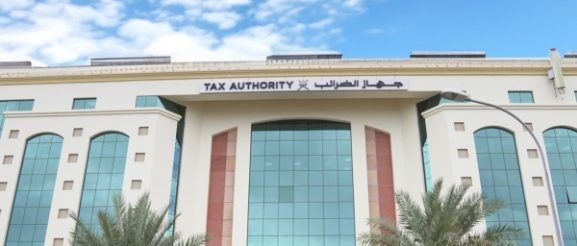Tailored Human Development Policies: Unlocking Economic Opportunities for Businesses in Oman’s Governorates
Salalah, July 13
Shaikh Mohammed bin Sulaiman al Kindi, Governor of North Al Batinah, delivered a keynote address at the 11th Annual Human Development Conference in Salalah, advocating for a more decentralized and localized approach to development planning in Oman.
In his presentation, Al Kindi outlined several ongoing challenges faced by development at the governorate level. He noted significant disparities in infrastructure and development opportunities between governorates, highlighting that the misalignment of educational outcomes with local labor market needs hinders inclusive growth. Additionally, he pointed out that limited resources significantly impede skills development, especially amid increasing demand for technical and vocational skills.
Al Kindi also addressed the slow activation of local partnerships as a barrier to development, emphasizing the need for better coordination among government agencies, the private sector, and civil society. He expressed concern over high youth unemployment rates, particularly among recent graduates, attributing this trend to a lack of training programs that align with local economic demands.
Moreover, he commented on the rising trend of internal migration from rural areas to urban centers, warning that this shift is weakening the social and economic fabric of many communities. He further noted that the absence of accurate, local-level data complicates efforts to measure the impact of public policies and hinders informed decision-making.
To confront these challenges, Al Kindi proposed six key policy recommendations. First, he called for the development of localized programs that cater to the unique needs of each governorate, including micro-development plans that consider local strengths, weaknesses, and priorities.
Second, he advocated for empowering local leadership by delegating specific policy-making authority to governorates, which would allow for more responsive and context-driven decision-making. Third, he stressed the importance of strengthening partnerships with local businesses and non-governmental organizations, asserting that these collaborations are vital for achieving targeted development outcomes.
Al Kindi’s fourth recommendation focused on increased investment in technical and vocational education, alongside support for local innovation and entrepreneurship, to better prepare youth for emerging sectors in the local economy. Fifth, he urged improvements in the quality of public services, recommending clearer performance standards, institutional accountability, and ongoing evaluation of service delivery.
Finally, he proposed the establishment of localized data platforms to enhance monitoring of key development indicators, facilitating more informed policy-making and tracking the effectiveness of government interventions.
Al Kindi’s presentation resonated with Oman Vision 2040, which emphasizes decentralization, citizen empowerment, and regional development. His insights highlighted the urgent need for governance models that address local realities while aligning with national objectives. The conference continues until July 14 at Millennium Resort Salalah, providing a venue for exchanging ideas and fostering partnerships to advance human development throughout the Sultanate of Oman.
Special Analysis by Omanet | Navigate Oman’s Market
The call for a decentralised and localised approach to development planning in Oman presents significant opportunities for businesses to create tailored solutions that address regional disparities. Smart investors should consider the potential for strategic partnerships with local entities, particularly in the fields of vocational education and innovation, which are critical for developing a skilled workforce. However, the challenge of youth unemployment and inadequate local data also poses risks, highlighting the need for ventures to invest wisely in understanding regional market demands.


